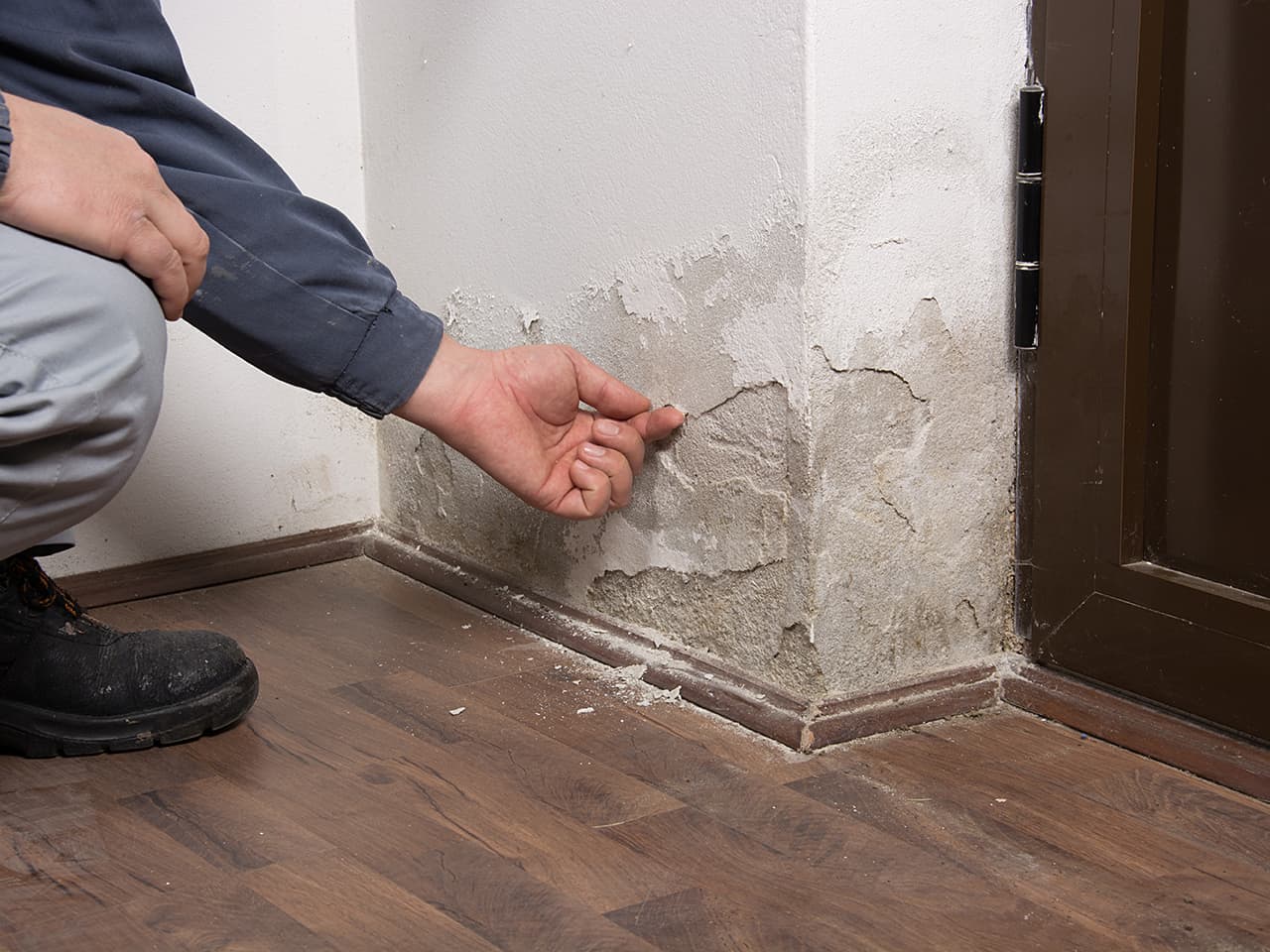If you want to cut your grass, but it’s damp, don’t use your electric mower. When grass is wet, it will clump up on the mower blades and take chunks out. Also, the ground will be squishy. If you’re unsure whether the ground is sodden, try a gas-powered lawnmower instead.
Problems with cutting wet grass with an electric lawnmower
Wet grass is more difficult to cut with an electric lawnmower. It causes the blades to get dull, causing an uneven cut. It can also cause the mower to overheat because of clogging. Hence, it is important to avoid cutting wet grass with an electric lawnmower.
Another problem with cutting wet grass is that it is much harder to handle. It tends to clump up on the blades and can easily be damaged. If you have to cut wet grass, make sure you bag the clippings. Besides, wet grass is extremely slippery and can cause injury. Therefore, it is best to stay away from using an electric lawnmower during rainy weather.
A lawnmower must be kept clean and sharp in order to cut the wet grass. Wet grass is prone to catching grass diseases and spreading them to other areas. It also increases the risk of weed infestation. In addition to this, wet grass can clog the blades, resulting in uneven cuts.
Wet grass can also stain clothes and lawnmowers. To prevent this, you should always remove stains immediately, otherwise, they can ruin the quality of your cut. Also, electric lawnmower manuals should be read before using the mower. Read these manuals carefully, as they contain warnings that protect manufacturers from lawsuits.
Ways to avoid mowing wet grass with an electric lawnmower
It’s important to avoid mowing your grass when it’s damp. Damp grass tends to clump and becomes heavier than dry grass, which can clog the blades and cause your mower to stall. The moisture can also cause rust and damage to the blades and other components.
Cutting wet grass can also damage the soil. Mowing wet grass will leave ruts that will not fade and will make your lawn look worse than it did before. It will also damage the soil, making it harder to absorb future moisture. And since mowing wet grass is harder on your mower, you’ll have to do it more frequently. If you can’t avoid mowing wet grass, you’ll want to consider buying a commercial lawnmower to cut the damp grass.
One of the best ways to avoid mowing wet grass with an electric lawnmower is to avoid cutting the grass until it has dried out. However, if this is not possible, you can also use a hosepipe to remove water from the lawn. To do so, drag the hosepipe over the lawn. The aim is to direct the water into the board. Mowing a wet lawn is more difficult than mowing dry grass, and it will damage your mower. You can also try sharpening the blades on your mower, which will reduce the amount of pressure your lawnmower is under.
Wet grass can pose a number of problems for your electric lawn mower. For one, it’s difficult to see the blades of your mower when it’s wet. Plus, heavy rains can cause your eyewear to fog up and become water-coated. It can also damage your mower’s blades.
Using a gas-powered lawnmower on wet ground
There are several things you should know before using a gas-powered lawnmower to mow your lawn on wet ground. First of all, moisture can cause rust on the moving metal parts of your lawn mower. Rust can affect the performance and lifespan of the machine. This is especially true for gas-powered lawnmowers. Gas moisture can affect the carburettor and combustion chamber, causing the mower to work harder to cut the grass.
Another important tip is to avoid using your electric lawnmower on wet ground. Not only do the electric cords on your mower become wet, they can also cause you to get electrocuted. The blades of the mower can also become slippery, causing a trip hazard. Similarly, when using a gas-powered lawnmower on wet ground, make sure to keep it in a safe place and away from rainwater. Rainwater can damage the engine and cause the mower to malfunction or stop. This can cost you a lot of money in repair bills.
If you must use a gas-powered lawnmower, be sure to choose a stabilized model. This will help prevent the blades from becoming damaged. It’s also better to use a side-discharge mode on a gas-powered lawnmower than to operate it on wet ground.
How to Make Housing Disrepair Claims
You can make a Housing Disrepair claim if you are a tenant of a property that is in need of repair. If you’ve lived in the property for a long period of time, you may be entitled to compensation for the inconvenience caused by the deteriorating condition. However, there are no standard compensation levels, so your claim will depend on a number of factors. These include the severity of the problem, the number of rooms affected, and the effect the disrepair has had on your health.
First of all, you must notify your landlord in writing of the problem. It is also important to keep records of any damage. You should also contact the local authority if the problems persist since they can issue a notice about the condition of your home. It is also important to provide access to your landlord, as failure to do so can be a defence in housing disrepair claims.
You can make a Housing Disrepair claim if your landlord has not properly fixed or upgraded your property. This condition can affect your health and quality of life, so you have a right to seek compensation for it. You can do this through court action.
Also Read: More Informative Blogs


